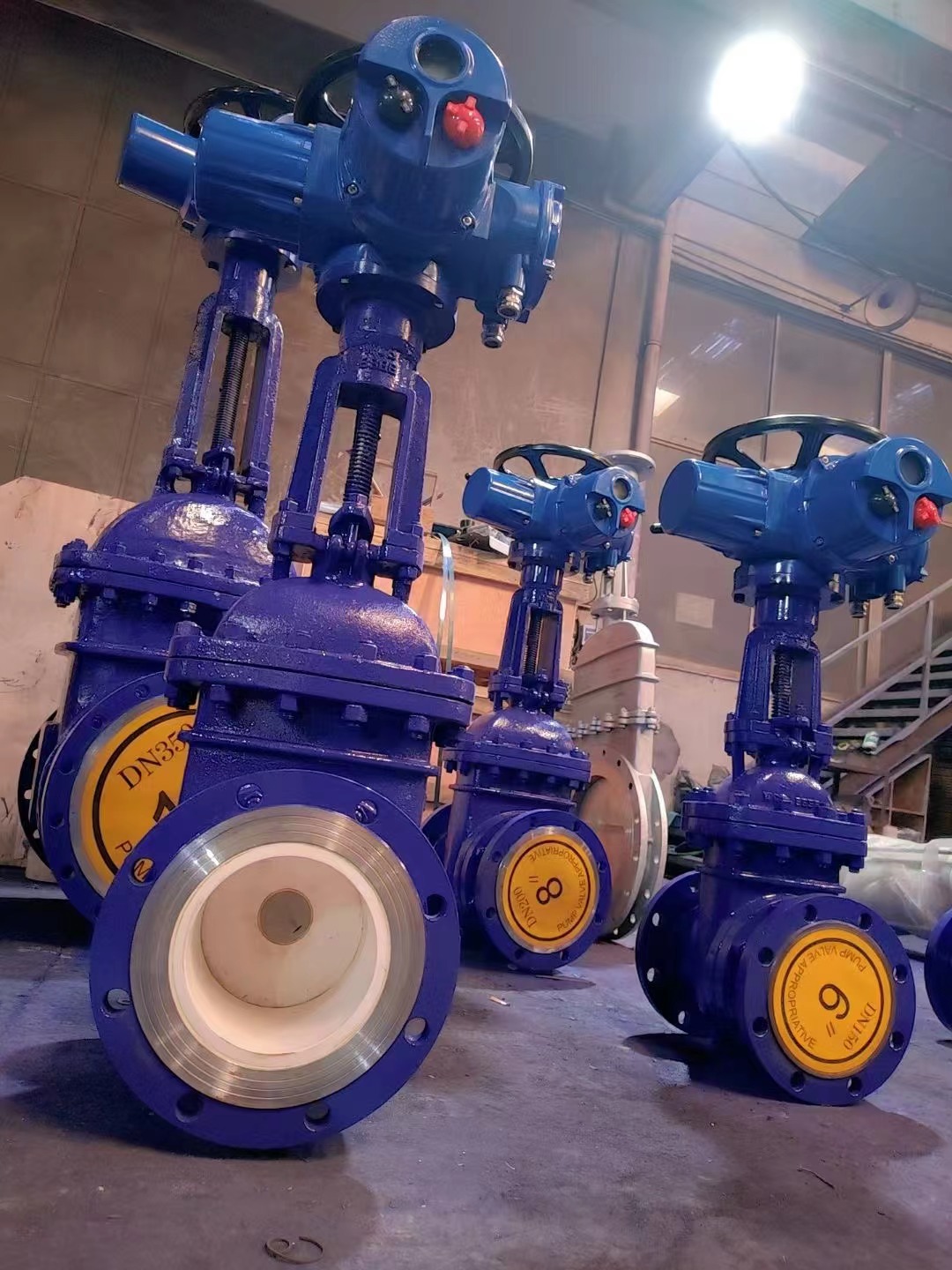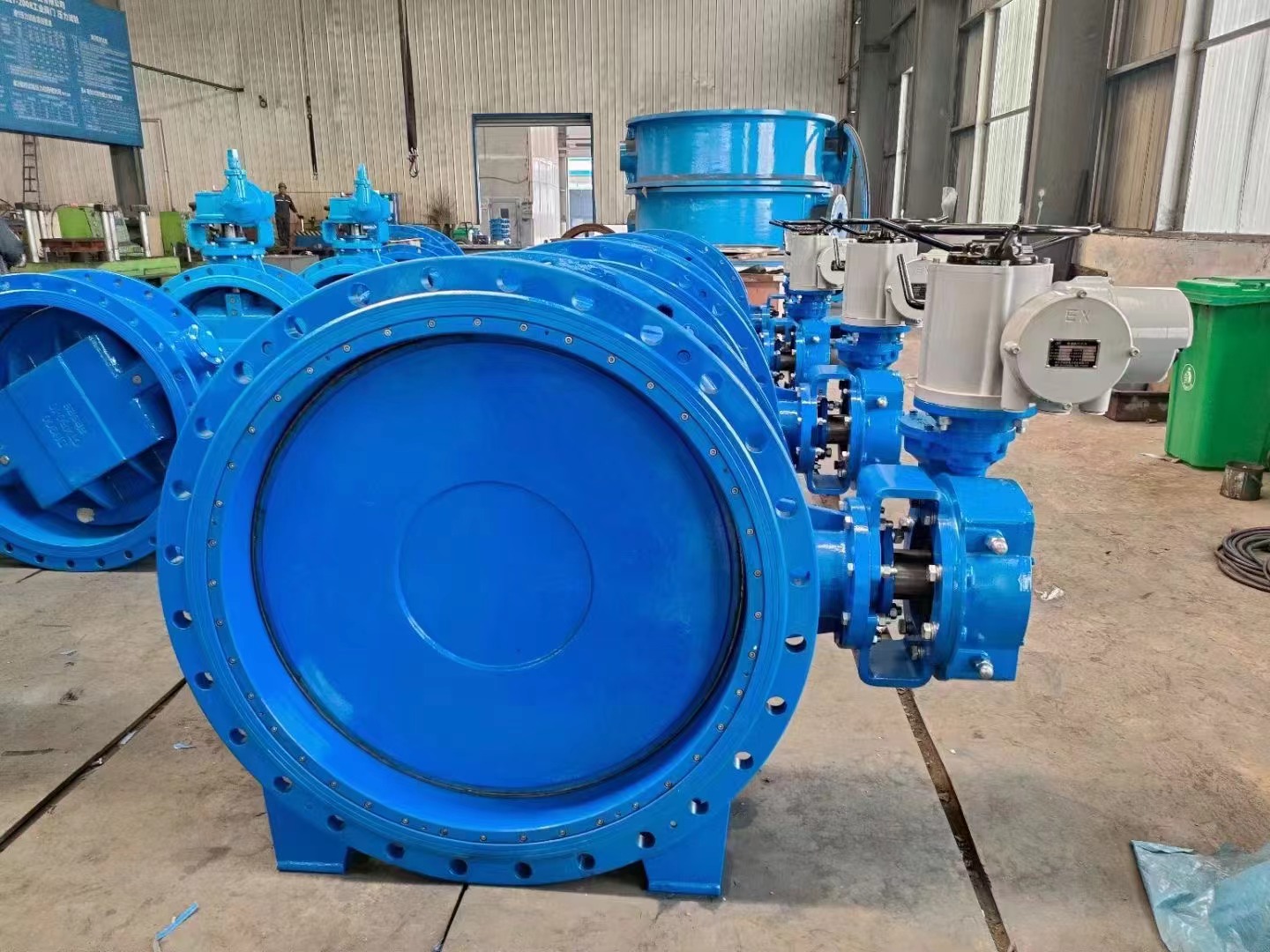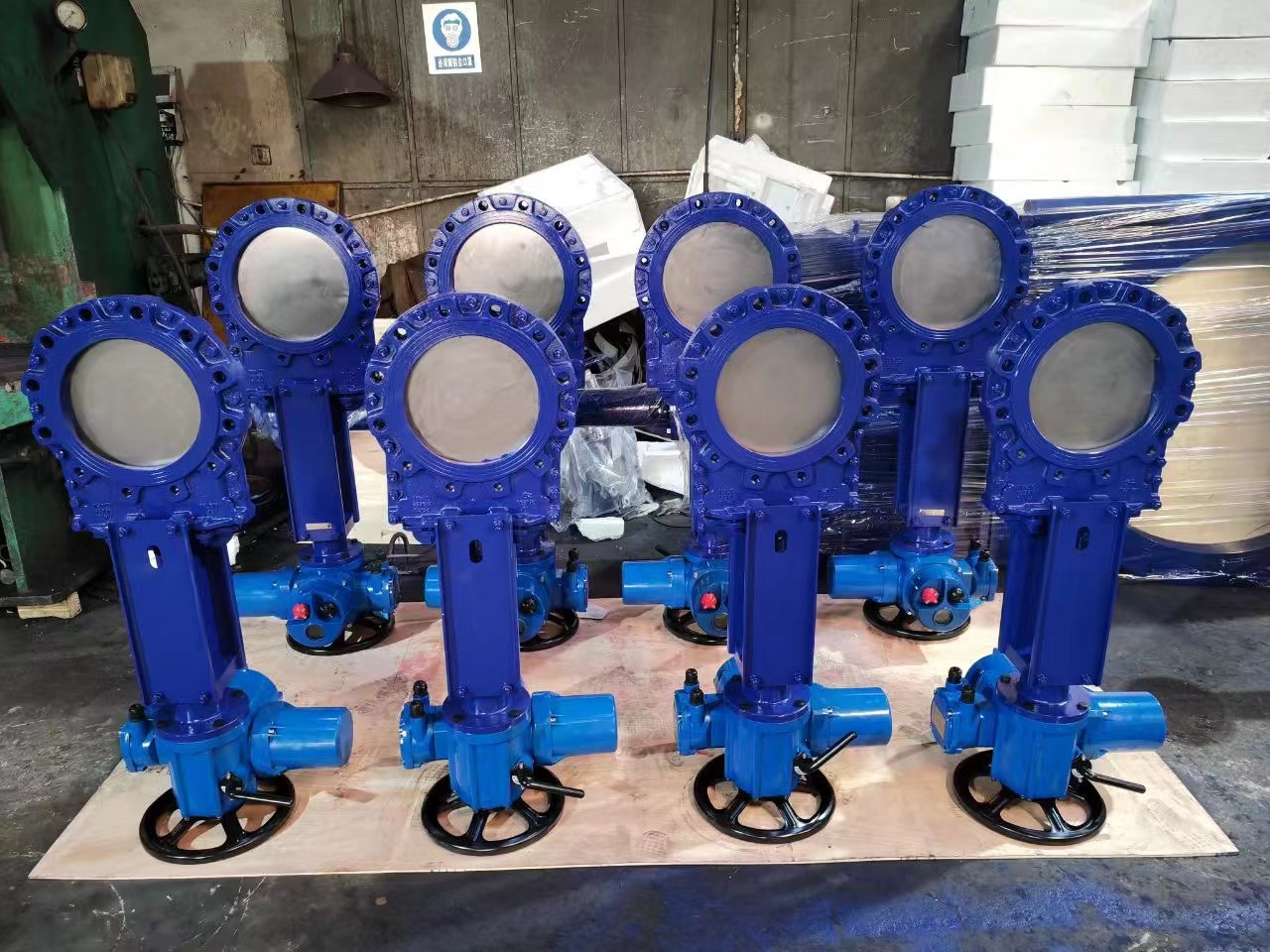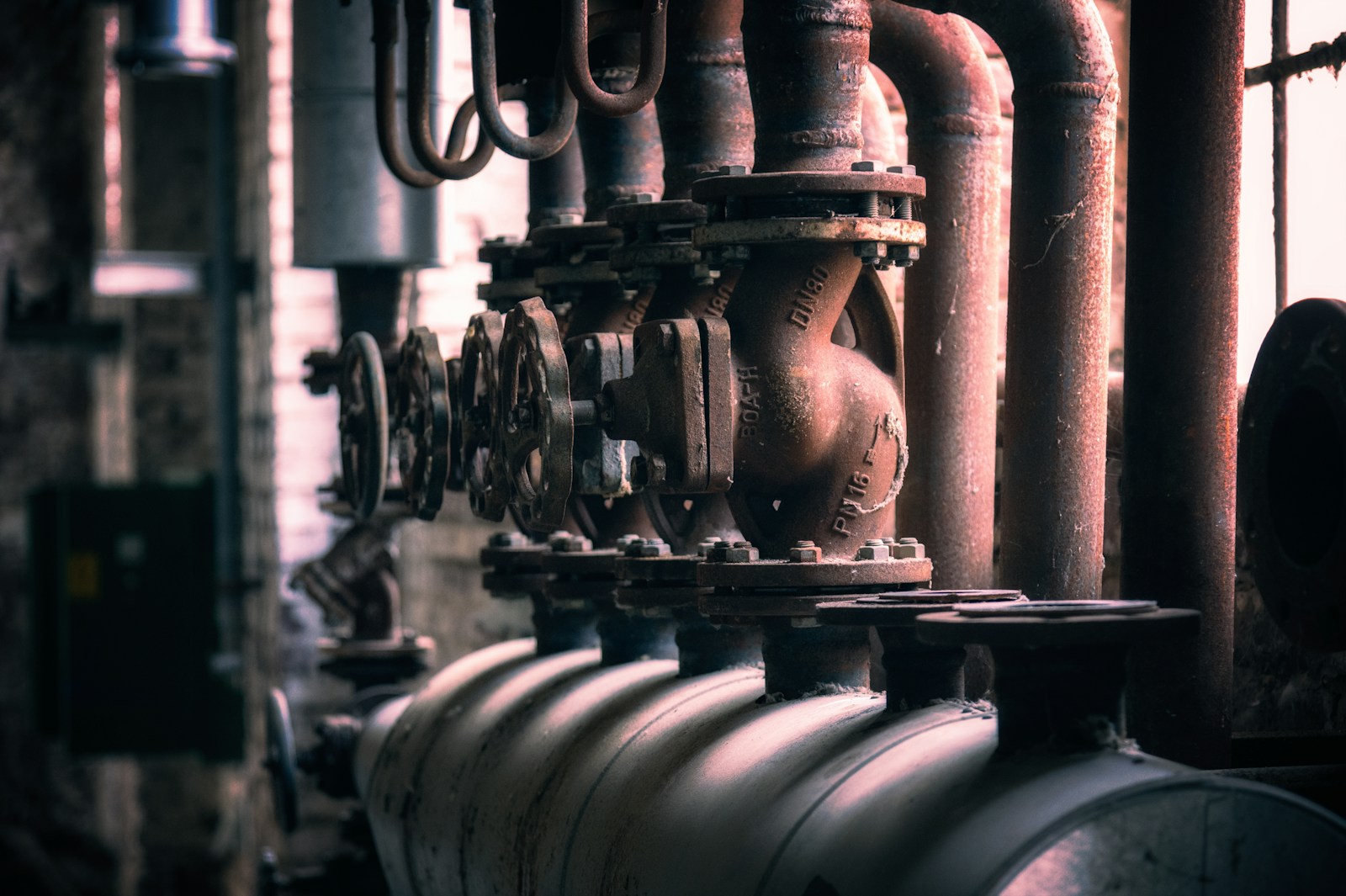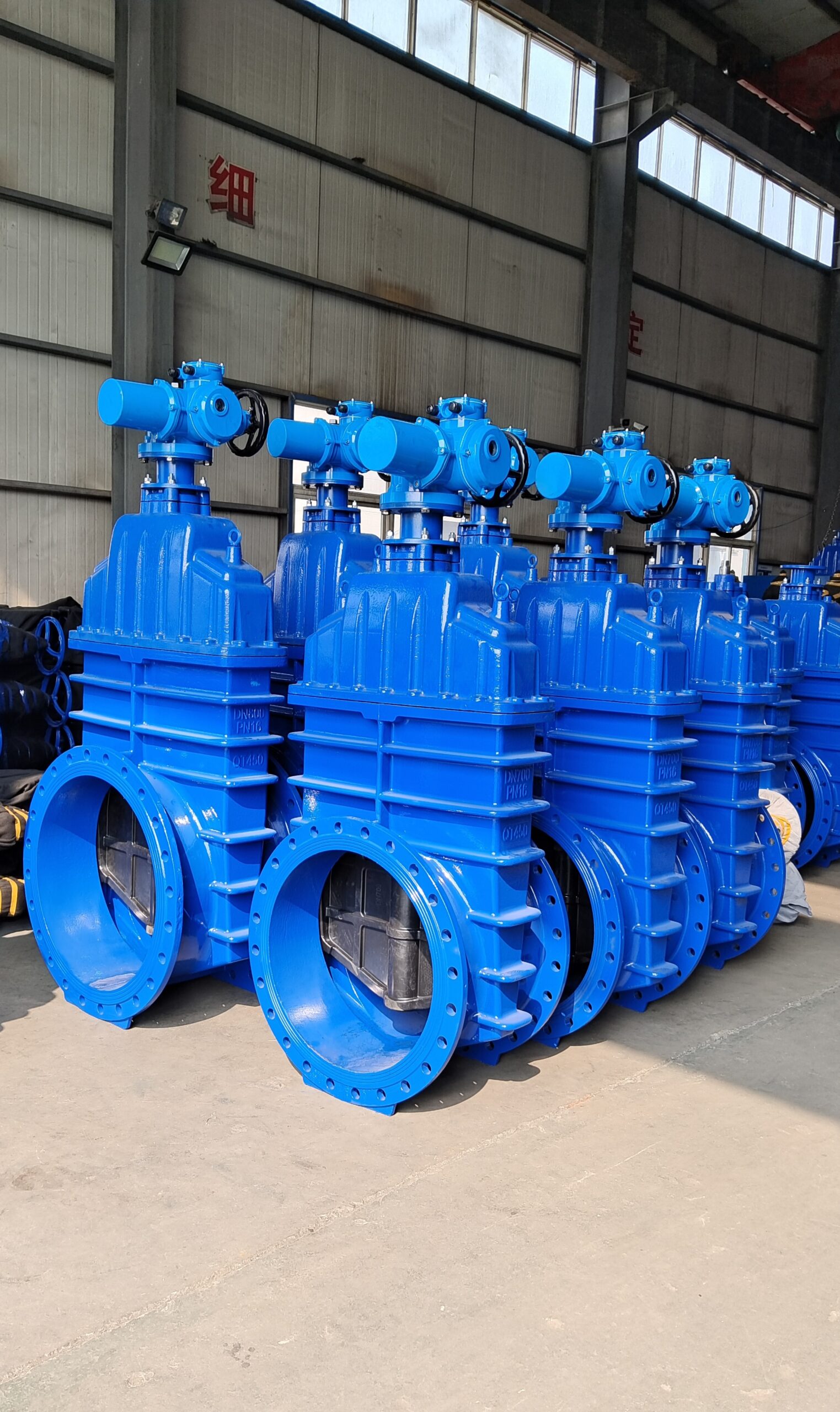Bi-directional vs. Uni-directional Knife Gate Valves
What is a Knife Gate Valve?
A knife gate valve is designed with a sharp-edged gate to cut through thick fluids, slurries, and solids in suspension. It provides reliable shut-off in industries such as mining, pulp & paper, wastewater, and chemical processing.
Depending on the sealing design, knife gate valves can be classified into uni-directional and bi-directional types. Understanding the difference is crucial for selecting the right valve for your system.
Uni-directional Knife Gate Valve
Sealing Direction: Designed to provide tight shut-off in one flow direction only.
Structure: Features a seat ring or soft seal located on one side of the valve.
Applications: Suitable for pipelines where the medium flows in a fixed direction.
Advantages:
Simple design and lower cost.
Reliable shut-off in dedicated flow systems.
Commonly used in wastewater and low-pressure applications.
Bi-directional Knife Gate Valve
Sealing Direction: Provides reliable shut-off in both flow directions.
Structure: Equipped with symmetrical seats on both sides of the gate.
Applications: Ideal for systems with reversible flow or where backflow may occur.
Advantages:
Enhanced sealing safety and flexibility.
Reduces risk of leakage under reverse pressure.
Suitable for slurry, pulp, chemical, and mining industries.
Key Differences
| Feature | Uni-directional Valve | Bi-directional Valve |
|---|---|---|
| Flow Direction | One-way only | Two-way (both sides) |
| Sealing Performance | Limited to one side | Reliable on both sides |
| Cost | Lower | Higher |
| Typical Applications | Wastewater, fixed flow | Mining, pulp, slurry, chemical |
How to Choose?
If your pipeline has a fixed flow direction and cost sensitivity is a priority → Choose a Uni-directional Knife Gate Valve.
If your system requires flexibility, or backflow may occur → Choose a Bi-directional Knife Gate Valve.
Conclusion
Both uni-directional and bi-directional knife gate valves play an important role in industrial fluid control. The right selection depends on your process requirements, flow conditions, and budget. Choosing a trusted supplier ensures durability, safety, and long service life.

